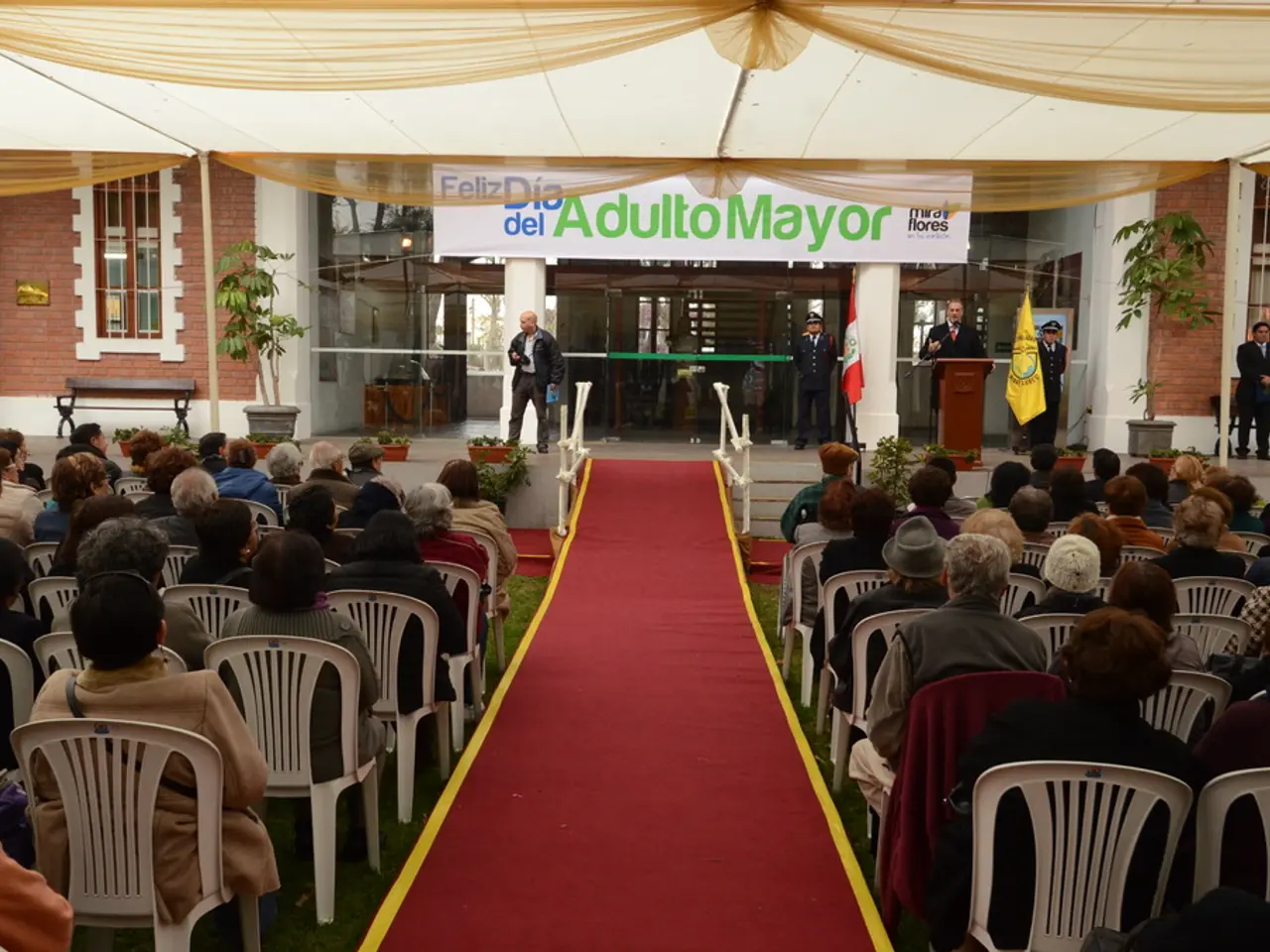Overcoming the Shackles of Ridiculous Restrictions: Empowering the Public's Autonomy
In the heart of Europe, Germany's democratic processes are under scrutiny as the House of Representatives considers changes to citizens' initiatives, particularly those involving far-reaching restrictions on citizen rights. The legal landscape for these revisions is complex, rooted in the country's constitutional principles and democratic values.
The practical implications of such changes can be significant. For instance, the restriction on using personal cars within city centres could drastically reduce the value of vehicle ownership, a reality that is yet to be determined by the House of Representatives.
Meanwhile, the ongoing saga of housing construction at Tempelhof Airport continues to unfold, with decisions being delayed and potential delays in construction attributed to idea competitions. This prolonged uncertainty could have been avoided with clearer requirements for large-scale housing construction.
Citizens' initiatives in Germany are subject to stringent legal frameworks to ensure democratic legitimacy and the protection of fundamental rights. Any revisions, especially those imposing significant restrictions, must comply with the Basic Law, Germany's constitution, which safeguards democratic participation and fundamental rights.
The legislative process typically involves respecting constitutional limits, ensuring proposals do not contravene fundamental rights, and often includes public consultation and parliamentary review. For initiatives with far-reaching implications, judicial review by the Federal Constitutional Court is a crucial safeguard.
However, the specific rules about the revision process can vary depending on the federal state, as citizens' initiative procedures are often regulated at the state level.
The Berlin Constitutional Court has already ruled that a citizens' initiative for a car-free Berlin city centre is legally possible. If passed, a review by the Federal Constitutional Court would be inevitable. The court has also deemed the restriction on car use an interference with personal rights, but not a disproportionate restriction on the fundamental rights of the affected districts.
The question of revising state requirements for citizens' initiatives remains, given experiences with political extremists and one-sided lobby groups. The legal process for a review by the Federal Constitutional Court is lengthy, potentially adding to the delays in implementing such changes.
As the debate continues, it is crucial to remember that the heart of any democratic process lies in striking a balance between the rights of the people and the need for legislation that serves the greater good. For precise legal requirements, one should consult the relevant state laws on citizens' initiatives and interpretations by the Federal Constitutional Court.
The ongoing debate in Germany surrounding changes to the policy-and-legislation of citizens' initiatives, particularly those with far-reaching restrictions on citizen rights, is rooted in the country's democratic values and constitutional principles. The implications of these changes can impact areas such as personal car ownership, as seen in the proposed restrictions within city centres.
The process of revising citizens' initiatives requires adherence to the Basic Law, Germany's constitution, which safeguards democratic participation and fundamental rights. This means any revisions, especially those imposing significant restrictions, must comply with constitutional limits, ensuring proposals do not contravene fundamental rights, and include public consultation and parliamentary review, followed by potential judicial review by the Federal Constitutional Court.








